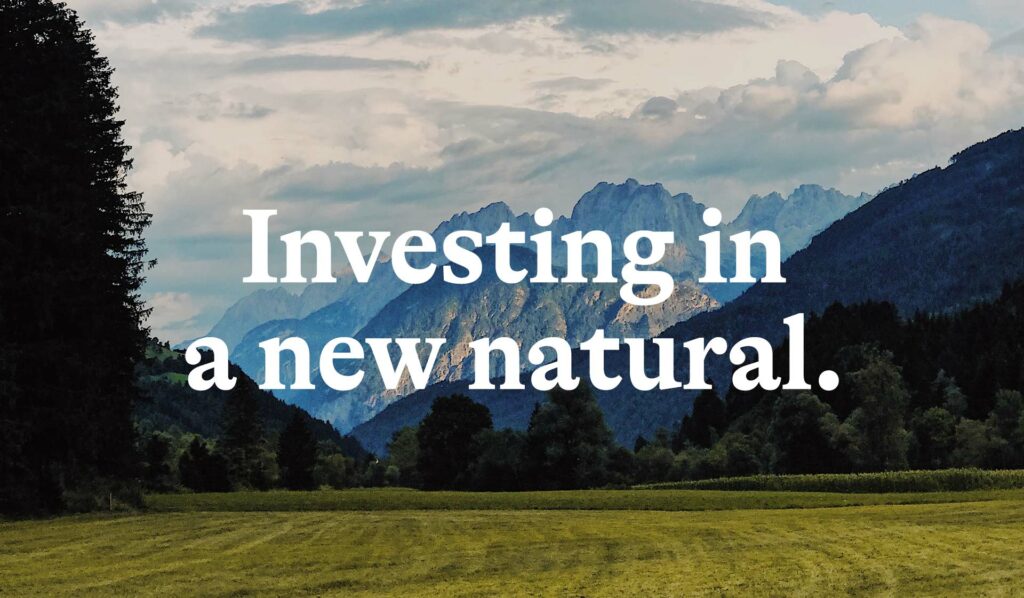KRIJN DE NOORD for MEDIUM
People love meat. It’s delicious, packed with protein, and brings people together in shared experiences. But producing so much meat for so many people around the world has drastic consequences. Whether it’s animal welfare, the climate emergency, or the health implications associated with industrial farming, more and more people are seeing the downsides and are hungry for a better solution.

Plant-based meat is taking off. KFC’s Beyond Meat chicken nuggets are attracting a ton of media attention, and the biggest investors in the world are establishing significant market demand for alternative meats. But what if we could still have the best parts of meat — the flavor, texture, and nutritional profile — without having to slaughter a single animal?
In 1931, Winston Churchill proposed just such a thing, when he imagined a future where we would no longer have to grow an entire chicken to eat a breast or a wing. Just over 80 years later, in 2013, Professor Mark Post presented the first “lab-grown hamburger” to the world. Yet six years on, consumers are still waiting for cultivated meat burgers to hit the grocery store shelves and their dinner plates. Why?
In a word: scaleup. Making meat cells in the lab is currently slow and expensive, hindering progress from lab to fork.
An efficient supply chain driven by technology
I am not a biologist — my background is in business. A mere 18 months ago, I was a strategy consultant at McKinsey & Company, where I advised large businesses on how to create efficient supply chains and lasting competitive advantages. So when I first met Meatable’s co-founder Daan Luining, and he showed me the OPTI-OX technology — the technology behind the company’s approach to making meat — I was blown away. In that technology I saw an incredibly powerful and elegant solution to cultivated meat’s scaling problem — and a way to dramatically simplify the way cultivated meat is made.
Current protocols can take months, but Meatable’s technology, built off Nobel Prize-winning research and optimized by Stanford and Cambridge scientists, can produce large batches of the cells needed to make meat in a matter of days to weeks. Only one cell is needed to start the process. We can get that cell from a real animal in a completely painless way — and because it comes from an animal, the meat that we can make with it is real meat, not a highly processed substitute.
I see in OPTI-OX not only a cost advantage but also an easier path to scale, and I believe OPTI-OX can help Meatable create an efficient supply chain for producing cultivated meat. It can help us fulfill our mission to bring real, tasty meat to the world without harming people, animals, or the planet.
Growing into our mission
Today I’m proud to announce Meatable has raised $10 million in additional seed funds, bringing our total to $13mln, led by some of the leading investors and entrepreneurs in Europe. The new funds will enable us to make significant strides toward fulfilling our mission, as they will be instrumental as for expanding our cost-reduction and scaling teams. They will enable us to accelerate the development of our beef and pork cells and, importantly, our process for forming whole cuts of meat. We expect to unveil our first prototype this summer.
Our latest funds come largely from our existing investor base, supplemented by prominent angel investors such as Taavet Hinrikus, founding CEO of the European unicorn TransferWise, and Albert Wenger, Managing Partner at Union Square Ventures. But a portion of the capital comes from the European Commission through its Eurostars Programme, which supports innovative product development throughout Europe. To me, this is convincing evidence that the European Union now sees cultivated meat as a credible aid to combating climate change. This is especially timely given the recent U.N. report on our collective progress towards meeting (or not) the Paris Accord goals.
We are at the precipice of realizing Winston Churchill’s prediction about the future of meat so long ago. I count myself lucky to not only be alive to witness such a foundational transformation in the way we produce meat, but to also be playing a role in helping to turn what was once seen as a science fiction idea into reality.









